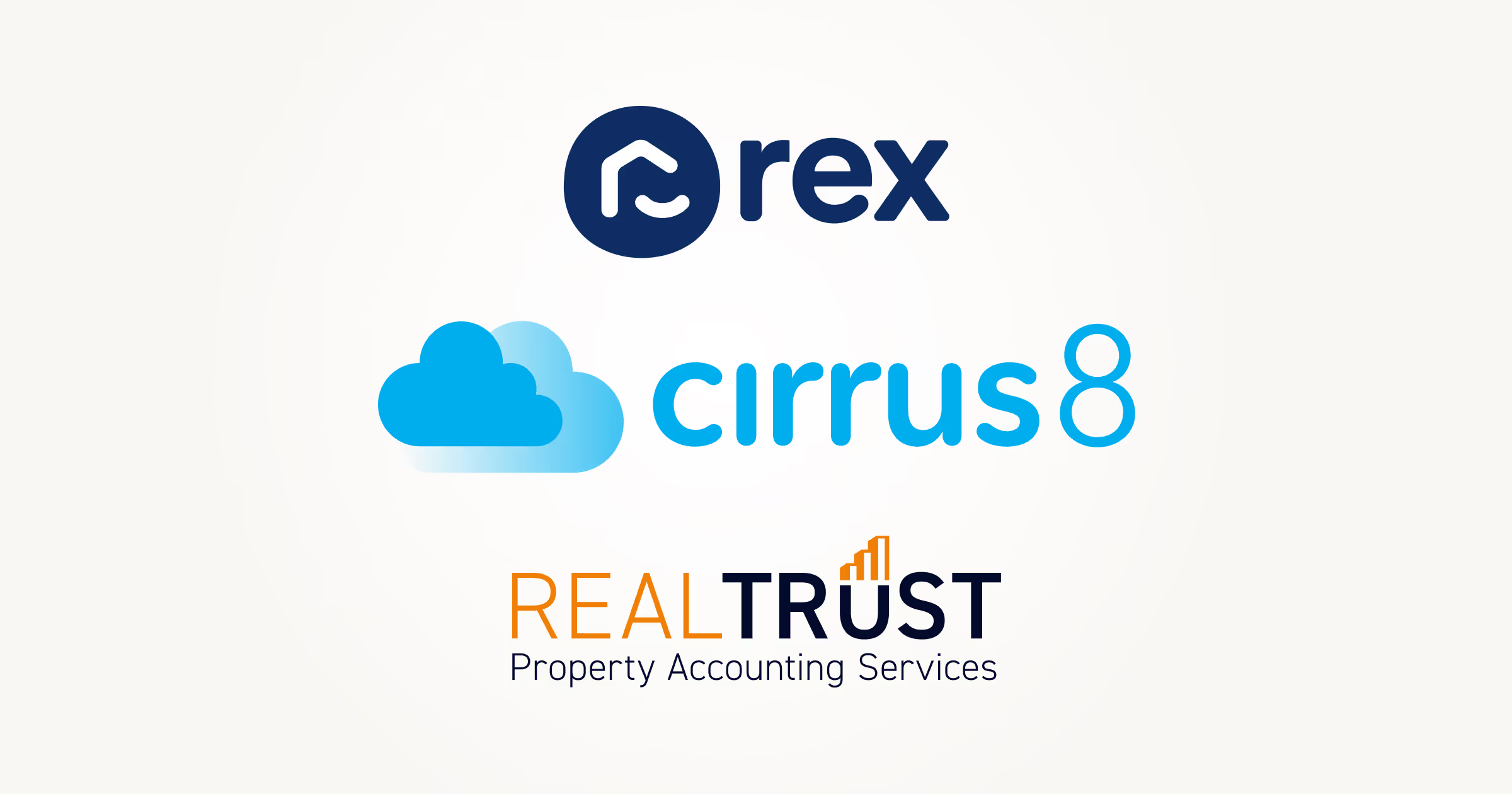
Mary Meeker – an American venture capitalist – gives an extraordinarily comprehensive report on the state of the internet and technology once a year.
Her Internet Trends report for 2017 is a 355-slide mammoth – focusing largely on video gaming, online advertising and the adoption of technology in China and India. However, there are some salient points that we should all probably be aware of.
SMARTPHONES
A few key takeaways on the mobile revolution:
- Growth for smartphone sales and internet penetration are both slowing, though existing internet users aren’t using the net any less.
- Of these new smartphones, Android is eating the market while iOS’ share continues to slow.
- Desktop usage still refuses to decline in any meaningful way.
- Mobile usage has skyrocketed in the US, where Americans now spend over three hours a day on their phones.
- Mobile devices are heralding the Zero UI revolution. Now that speech recognition’s accuracy is hovering at around 95 per cent, more and more users are searching with voice over their tiny keypads. In fact, 20 per cent of mobile queries were made via voice last year.
ONLINE ADS AND SOCIAL MEDIA
As you might have already figured out on your own, online ads and social media amount to the same thing.
- Despite Snapchat, Twitter and other platforms’ best efforts, Google and Facebook now control 85 per cent of online ad growth.
- Meeker predicts online ad spending will finally surpass television within the next six months. This is a huge milestone and something large franchises should definitely keep in mind moving forward. There’s a reason why advertising is more popular online.
- Modern technology with better-targeted ads is driving more foot traffic to physical shops. Google now tracks visits to over 200 million stores with 99 per cent accuracy, helping online advertisers really see the benefits of their campaigns.
GENERAL CONSUMER TRENDS
The web has truly fused social media, advertising, and business together – and the results are beginning to show in consumer behaviour.
- Angry customers storming to social media to vent their frustrations are forcing brands to be more accountable.
- Customers now expect to know exactly how things work. ‘How it works’ pages are now receiving a lion’s share of traffic for many enterprise websites. Make sure your agency shows off how you operate in an attractive and simple page online.
- The new trend towards real-time, online conversations with support and sales staff is rising rapidly. By the end of 2016, Intercom recorded almost 400 million online conversations with businesses started by consumers.
KEY TAKEAWAYS FOR REAL ESTATE
So what can the real estate industry glean from all this?
- As smartphones become a bigger part of everyone’s lives, mobile technology is going to continue to improve. Things like voice recognition, once considered a gimmick, are going to change the way you work while you’re on the go. The ‘remote office’ is set to become a reality, so don’t invest too heavily in your bricks-and-mortar location just yet.
- Online advertising continues to become more and more effective. Agents are sales and marketing professionals, so you need to keep up with the latest technologies. Why not take a Udemy course or two on Facebook and Google advertising tools?
- Consumers expect more and more from your agency online. They demand transparency, convenience, and accountability. Make sure your website is in tip-top shape, works on every device and clearly explains your business offerings. Plus, you need to leverage social media to ensure you’re available to your potential and existing clients wherever they are.



